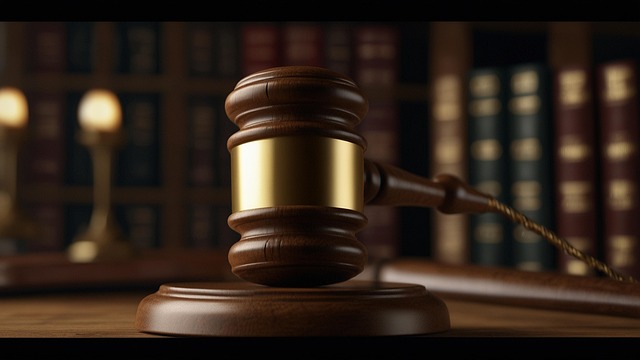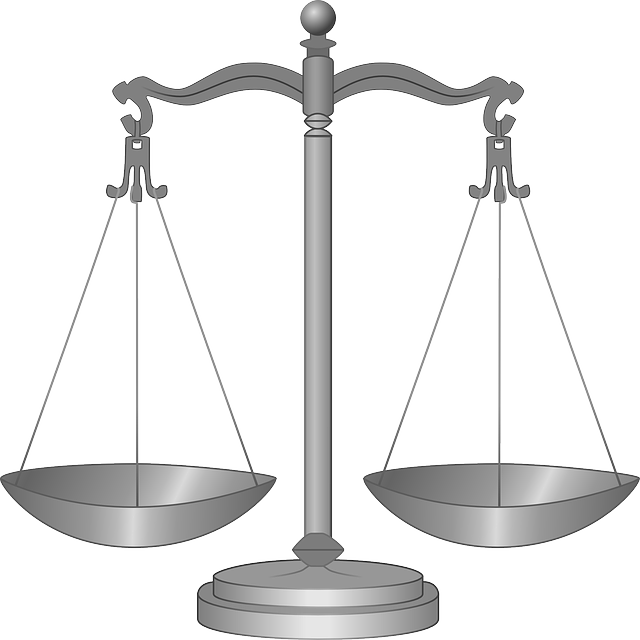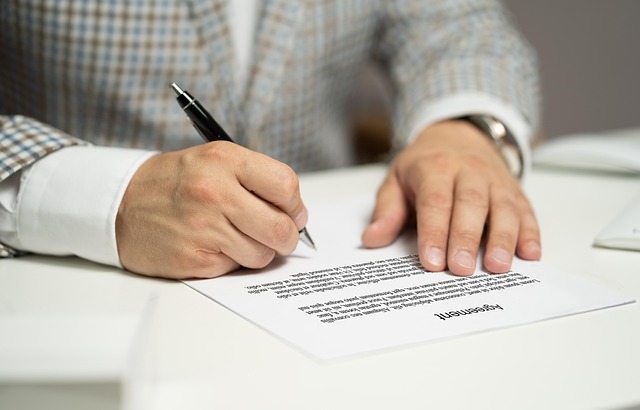A Houston criminal lawyer plays a vital role in upholding justice during criminal cases by safeguarding their clients' rights within the complex legal system. They possess in-depth knowledge of evidence rules and procedural laws, enabling them to construct robust defense strategies. Through meticulous scrutiny of evidence, these professionals can challenge and suppress inadmissible testimony, influencing case outcomes. Their expertise involves identifying flaws or constitutional violations in evidence presentation, ensuring only credible information reaches the jury, fostering fairness and justice. A Houston criminal lawyer strategically navigates evidence rules, challenges witness credibility, and questions physical evidence reliability to protect the accused's rights, significantly impacting case outcomes.
In the complex landscape of criminal justice, a Houston criminal lawyer plays a pivotal role in safeguarding the rights of their clients. This article delves into the critical task of challenging improper evidence and suppressing inadmissible testimony. We explore the strategies employed by seasoned legal professionals to navigate the intricate rules governing admissibility. Understanding these tactics is essential for both lawyers and individuals alike, as effective legal advocacy can significantly influence the outcome of criminal cases.
- Understanding the Role of a Houston Criminal Lawyer
- Identifying and Challenging Improper Evidence
- Strategies to Seek Suppression of Inadmissible Testimony
- The Impact of Effective Legal Advocacy on Case Outcomes
Understanding the Role of a Houston Criminal Lawyer

In any legal proceeding, especially criminal cases in Houston, a Houston criminal lawyer plays a pivotal role in ensuring that justice is served. Their primary responsibility is to protect the rights of their clients and navigate the complex legal system on their behalf. A skilled Houston criminal lawyer has an in-depth understanding of the rules of evidence and procedural laws, which are crucial for building a robust defense strategy. They scrutinize each piece of evidence presented by both sides, challenging any that may be improperly obtained or lack credibility.
By suppressing inadmissible testimony, these legal professionals can significantly impact the outcome of a case. This involves careful analysis, strategic planning, and robust argumentation during pretrial hearings and trials. The lawyer’s expertise lies in their ability to recognize when evidence is flawed or violates constitutional rights, ensuring that only reliable and relevant information reaches the jury, thereby fostering a fair and just legal process.
Identifying and Challenging Improper Evidence

Identifying and challenging improper evidence is a critical aspect of any legal proceeding, especially for a skilled Houston criminal lawyer. The first step involves meticulously examining the evidence presented to determine its admissibility under the rules of evidence. This includes scrutinizing documents, photographs, recordings, and witness testimonies to ensure they meet the required standards. For instance, a Houston criminal lawyer would question the reliability and relevance of a video recording if it lacks proper authentication or was obtained through illegal means.
Proper challenges can be mounted by objecting to evidence at its source—whether during discovery, at a pretrial hearing, or in front of the judge during the trial. Lawyers can use legal arguments, point out procedural flaws, or highlight inconsistencies and bias to suppress inadmissible testimony or evidence. This process requires a deep understanding of evidentiary rules and the ability to navigate complex legal procedures, ensuring that only credible and relevant information reaches the jury, ultimately protecting the rights of the accused.
Strategies to Seek Suppression of Inadmissible Testimony

When facing challenges with improper evidence or inadmissible testimony, a Houston criminal lawyer can employ several strategic approaches to seek its suppression. The first step involves meticulous examination of the evidence and testimony during pretrial proceedings. Lawyers may object based on lack of relevance, reliability, or foundation, arguing that the evidence lacks probative value or is overly prejudicial. They might also invoke rules of evidence and case law to support their argument for suppression.
Additionally, they can cross-examine witnesses thoroughly to uncover any inconsistencies, biases, or misunderstandings that could compromise the integrity of the testimony. This process aims to demonstrate to the court that the evidence or testimony is not trustworthy and should be excluded from consideration during trial.
The Impact of Effective Legal Advocacy on Case Outcomes

Effective legal advocacy plays a pivotal role in shaping case outcomes, especially in complex legal battles like those handled by a Houston criminal lawyer. Skilled attorneys are adept at navigating the intricate rules of evidence and witness testimony, ensuring that only valid and reliable information reaches the jury. Their strategic approach can significantly impact the overall verdict, as they possess the knowledge to recognize and exclude improper evidence and inadmissible testimonies.
By presenting a robust defense, a Houston criminal lawyer can challenge the prosecution’s case at every step. This includes scrutinizing witness credibility, questioning the reliability of physical evidence, and raising legal objections to preserve rights and protect the accused’s interests. Such advocacy ensures that justice is served by allowing the court to make informed decisions based on admissible and relevant facts, ultimately guiding the jury towards a fair and just conclusion.
When facing legal challenges in Houston, having a skilled Houston criminal lawyer is paramount. Understanding the nuances of evidence and testimony, as outlined in this article, can significantly impact case outcomes. By identifying and challenging improper evidence and seeking suppression of inadmissible testimony, these legal advocates ensure their clients receive fair trials. Effective legal advocacy not only protects rights but also fosters a more just and equitable justice system.
